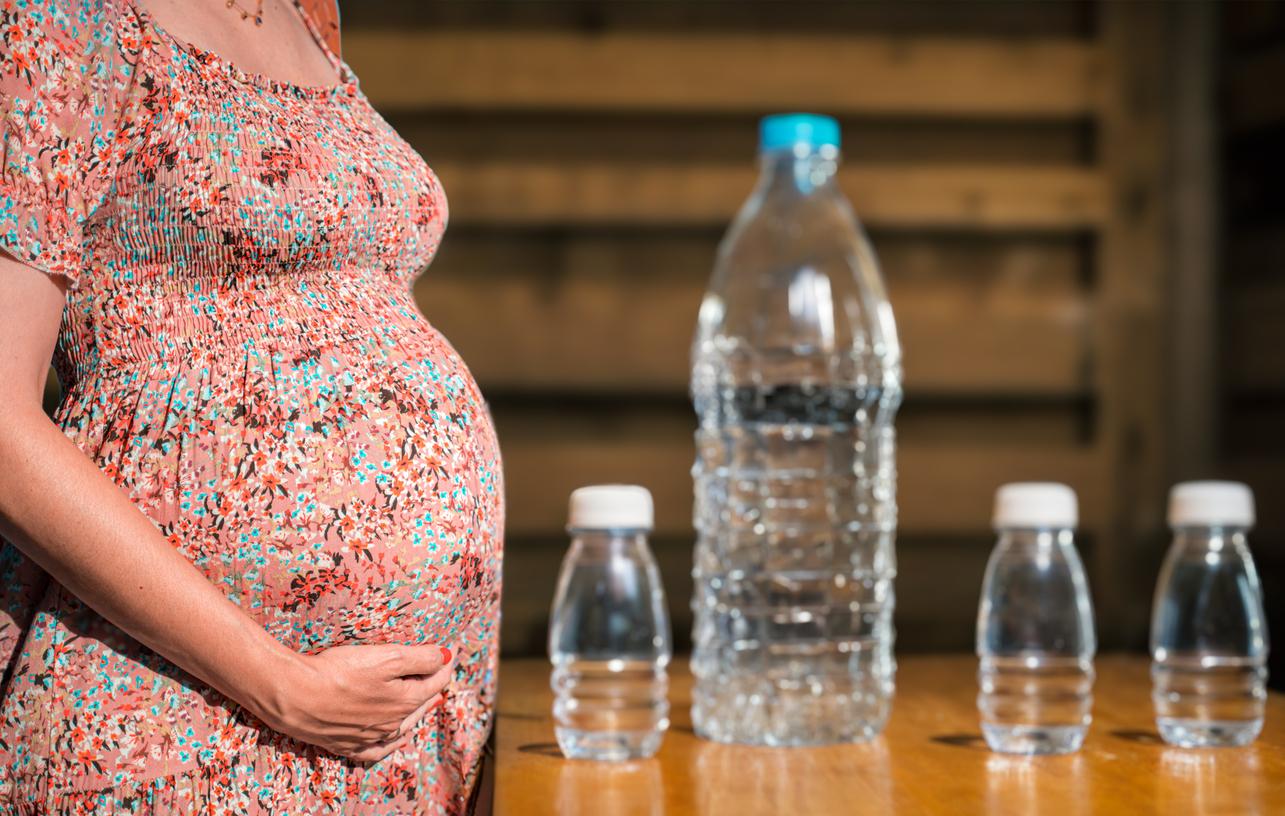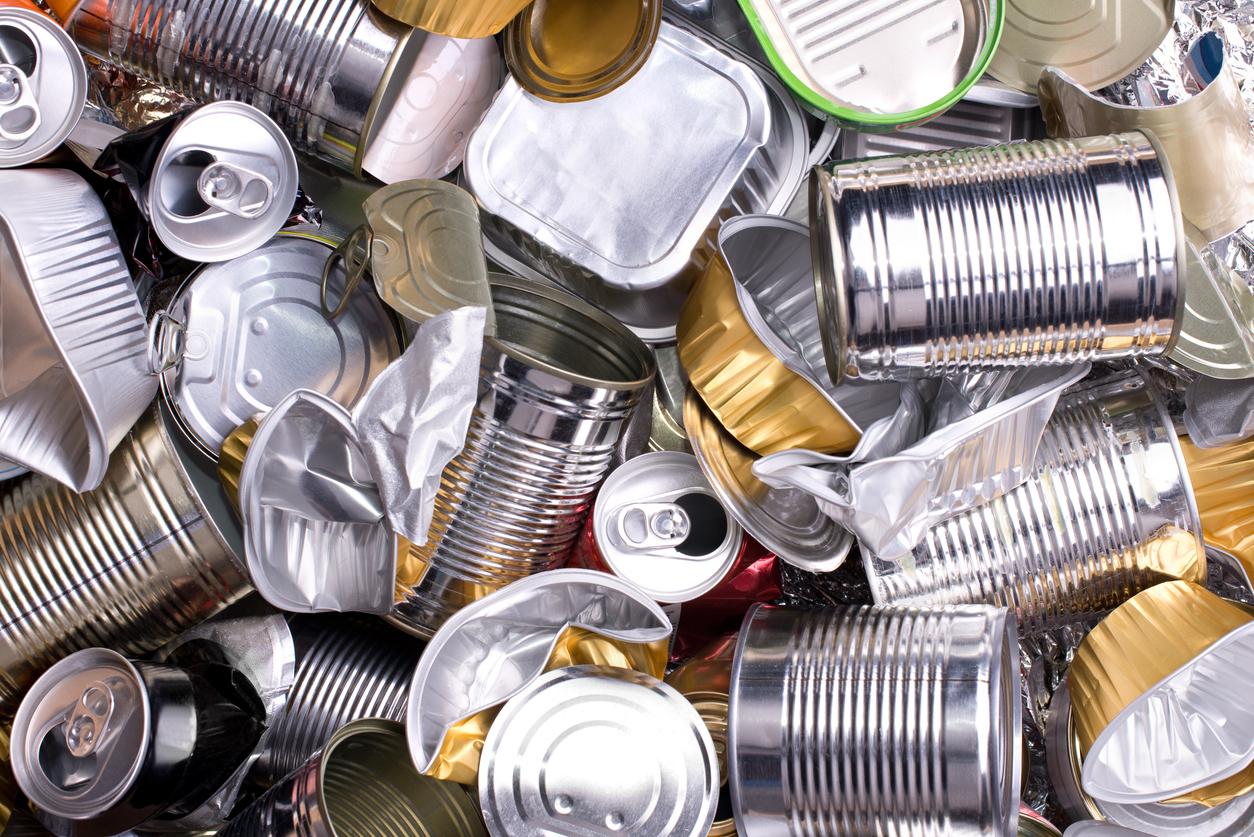The use of bisphenol A in food contact materials will be gradually banned in the European Union. This applies to the coatings of food cans, plastic water bottles and kitchen utensils.

- European Union states approve ban on bisphenol A in food packaging.
- This follows a proposal from the European Commission, following an opinion from the European Food Safety Authority.
- This material poses risks of harmful effects to the immune system.
It had been banned in the manufacture of baby bottles and baby food packaging in 2018, then in till receipts in 2020: bisphenol A will soon be banned in all food packaging. The European Commission announced this in a communicatedpublished Wednesday, June 12. This chemical is used in the manufacture of plastics and resins: it is used in the manufacture of certain plastic bottles, but it is also present in the internal coating of cans and tins.
A gradual ban on bisphenol A in food packaging
The ban will apply to these different uses. The European Commission also cites water dispensers or kitchen utensils.Following a phase-out period, bisphenol A will no longer be able to be used in these products within the EU,” the document states. This ban will come into force at the end of 2024, after being examined by the European Parliament and the European Council. In its document, the European Commission specifies that “limited exceptions, where there are no safe alternatives, and transition periods will apply if they do not pose a risk to consumers“.
Scientific evidence of the risks associated with bisphenol A
“Today, taking into account the latest scientific evidence and with a view to protecting citizens’ health and ensuring the highest food safety standards, EU Member States have approved a proposal from the European Commission to ban Bisphenol A (BPA) in food contact materials,” the text indicates. Last February, Brussels had issued a proposal for a ban, following an opinion from the European Food Safety Authority.
Bisphenol A: “harmful effects” on the immune system
In April 2023, this organization warned of the risks associated with exposure to bisphenol A.Dietary exposure to bisphenol A (BPA) poses a health concern for consumers of all age groups”the experts estimated. They had notably identified “potentially harmful effects on the immune system”. In a communicatedDr Claude Lambré, chair of EFSA’s scientific panel on food contact materials, enzymes and processing aids, said: “In these studies, we observed an increase in the percentage of a certain type of white blood cell – called T helper – in the spleen. They play a key role in our cellular immune mechanisms and such an increase could lead to the development of allergic lung inflammation and autoimmune disorders.”
BPA: a very low “tolerable daily intake”
The group of scientists worked on the ““tolerable daily intake” (DJT) of bisphenol A, defined as “the amount that can be ingested daily throughout life without presenting an appreciable risk to health”. According to their estimates, the TDI is estimated at 0.2 nanograms (0.2 billionths of a gram) per kilogram of body weight per day.The new DJT is therefore approximately 20,000 times lower than the previous one (dating from 2015, editor’s note)”they warn. The aim of this new regulation is to reduce dietary exposure to this substance, to limit the risk of health effects.

















